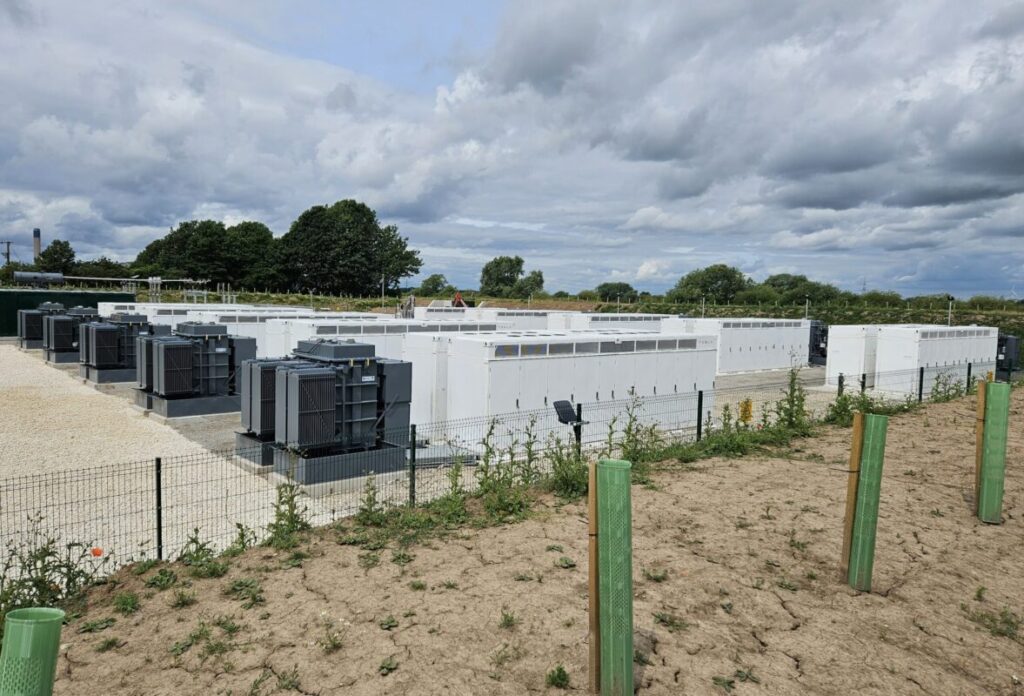
The Harmony Energy Income Trust fund has announced that its 35MW/70MWh battery energy storage project in North Yorkshire has been successfully energised.
Developed by Harmony Energy, the project’s construction was managed by Tesla with oversight by the Harmony Energy project team. The battery energy storage system (BESS) will be located in Rusholme and is expected to be fully operational in all markets in early August.
Harmony Energy is a developer and investment advisor to the Harmony Energy Income Trust fund.
The BESS will operate through Tesla’s algorithmic trading platform, Autobidder, which has already been deployed at other Harmony projects.
Norman Crighton, chair of Harmony Energy Income Trust, said: “We are pleased to have energised another project in our portfolio, taking Harmony Energy Income Trust’s total operational capacity to 625 MWh, or 79% of the total portfolio (by capacity). The energisation of the Rusholme project marks another milestone in UK energy transition and adoption of BESS, ultimately allowing the country to meet its net zero targets.”
As reported by our sister site, Energy-Storage.news, the commercial operation date for the Rusholme project was pushed back to the third quarter of 2024 because of minor delays to a distribution network operator’s (DNO) connection programme.
Recent Solar Media market research showed that the UK’s standalone energy storage market is experiencing substantial growth, as is storage co-located with solar: co-located capacity is expected to increase to over 1GWh by the end of 2024.
BESS capacity is on the up in the UK, with planning consent granted for a 400MW/2,400MWh project in Weymouth, after it was voted in favour of by six votes to two at a Dorset Council meeting. Supporters of the project said it was necessary because it contributed to the UK’s efforts to decarbonise by helping to integrate renewable energy.
It has been broadly acknowledged that grid flexibility, as provided by BESS, will be a crucial enabler of the government’s ambitious clean energy targets. Particularly given Labour’s focus on offshore wind, the amount of variable energy coming online will demand significant increases in storage capacity.

